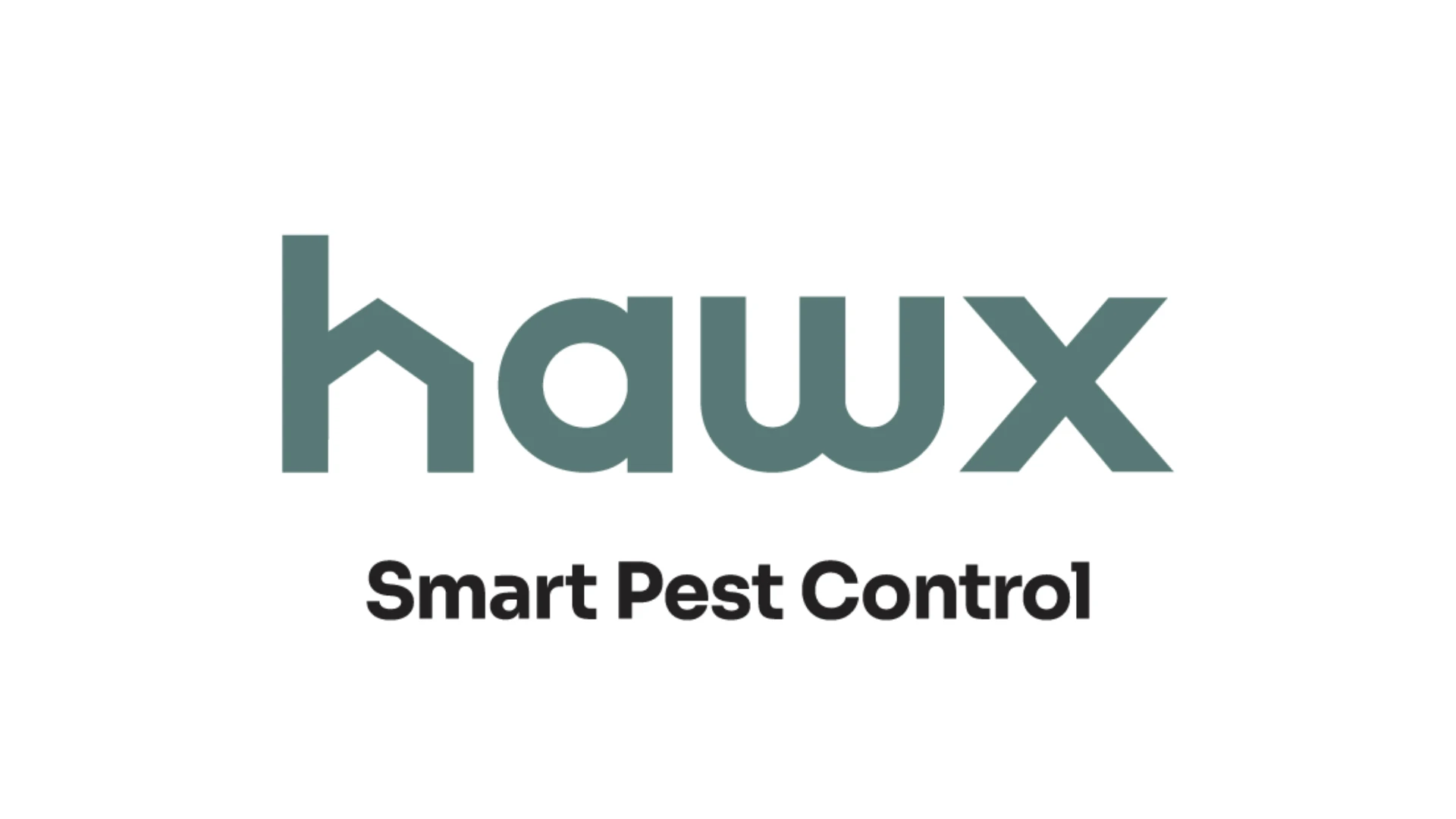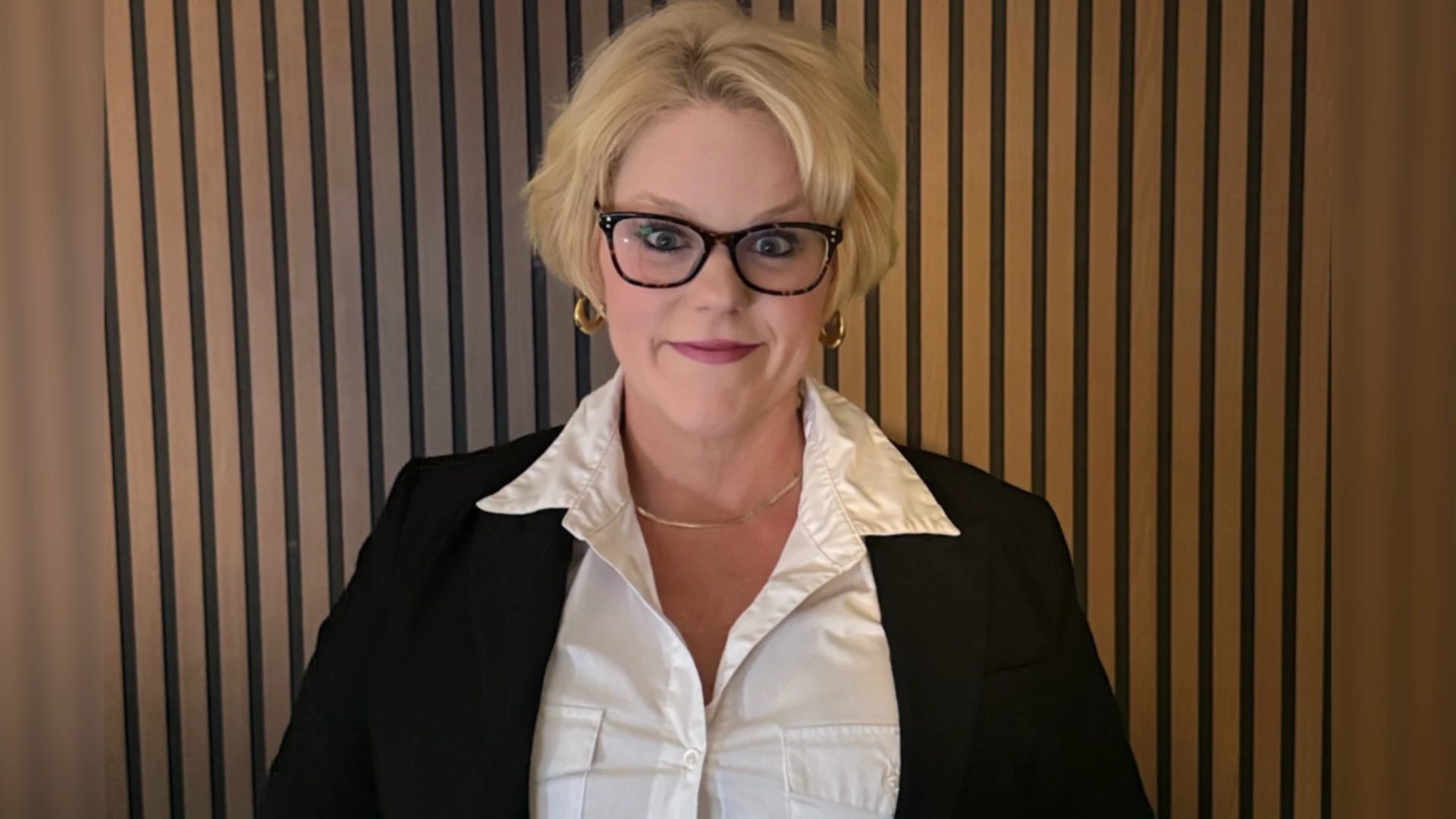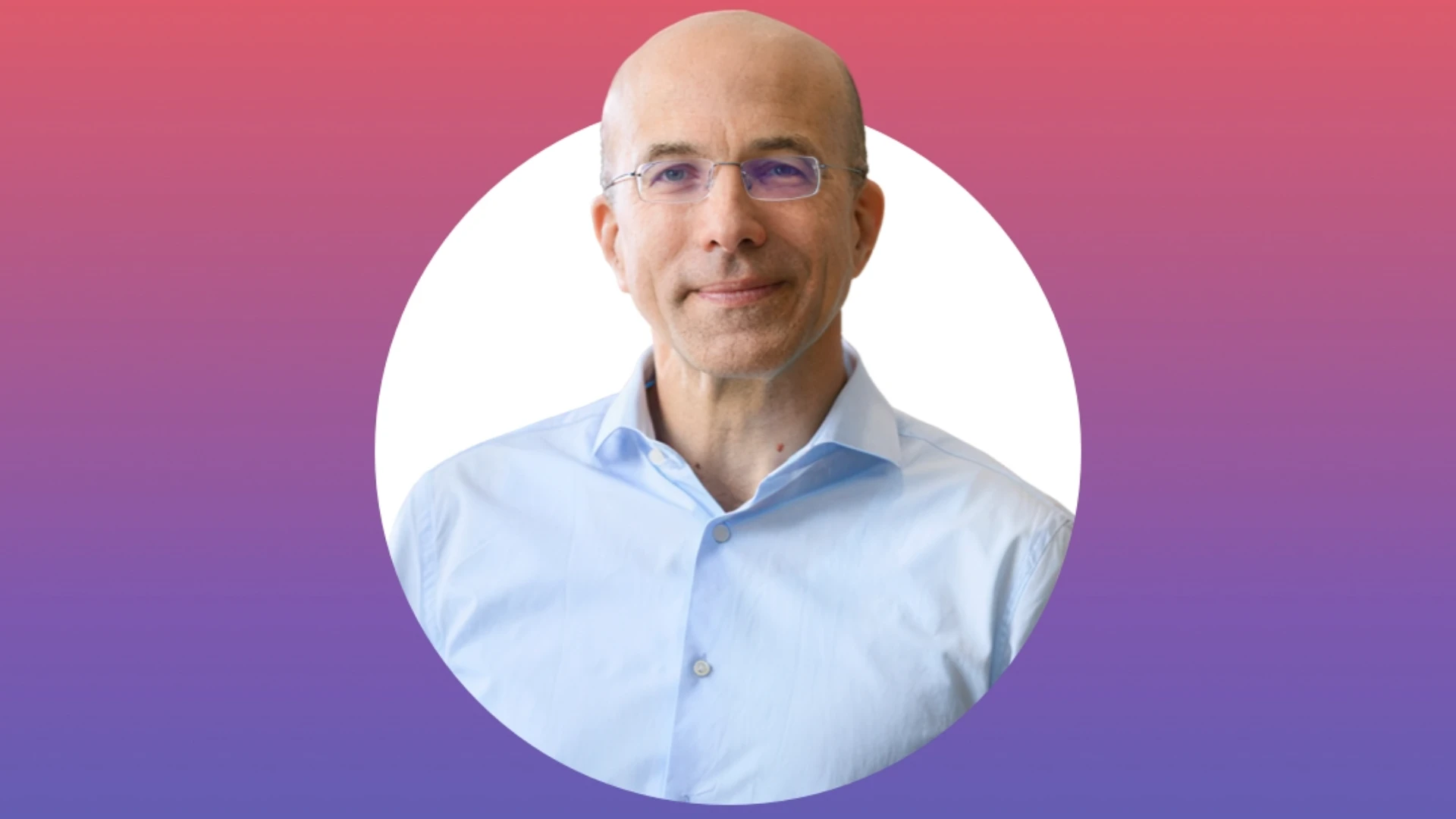There’s no question about it: Pi Chi Omega has made some remarkable progress in its 50 years. Developing scholarships, honoring industry leaders and sponsoring key seminars for the benefit of the industry are its most recognized claims to fame.
Even so, its members aren’t about to rest on their laurels. As the fraternity embarks on its next 50 years, a number of new efforts are underway that will continue to build on the fraternity’s long-term goals of promoting education, furthering urban pest control as a career and raising the standards of professionalism in the industry.
As always, encouraging education in the pest control industry remains the fraternity’s top priority. Pi Chi Omega will continue to promote education in the field through a scholarship program that is second to none. Dr. Terry Whitworth, chair of the fraternity’s scholarship program and owner of Whitworth Pest Control, based in Tacoma, Wash., holds a view that is common among Pi Chi Omega members. "It’s really exciting to see all the new graduate students coming into the pest control field and interested in getting financial help," Whitworth observed. "In my mind, the scholarship program is probably the No. 1 recruitment tool for involving highly competent, highly qualified people in our industry."
Since the scholarship program debuted in 1977, the fraternity has awarded more than $70,000 to students at universities throughout the country and even around the world. And that figure will continue to grow substantially, fraternity members say. "My target is to increase the number and amount of scholarships," said Gordon Morrison, president of the fraternity and national sales and marketing manager for Clorox.
As has always been the case, Pi Chi Omega’s scholarships are funded primarily by membership dues. And as the membership has grown, so has the scholarship program. However, funding scholarships has typically used a substantial amount of the fraternity’s income. This should change, thanks to some new projects that are underway.
NEW INCOME. One such effort is the Pi Chi Omega Founders Endowment Scholarship Fund, which was created in 1998 in memory of the fraternity’s charter members. Paul Bello, national account manager for Aventis Environment Science, is chairperson of the Endowment Fund Committee. He came up with the idea of sponsoring an endowment fund as a way for Pi Chi Omega to continue to offer valuable scholarships, despite the rising costs of education. "The way I see it is if we’re able to put enough money in the endowment to support scholarships that are adequate," Bello said, "then fraternity resources could be freed up to help further steward the industry in other areas."
Bello continues to spearhead the fraternity’s endowment fund campaign. Since it began, close to $20,000 has been collected, including a $10,000 donation on behalf of the Zeneca Professional Products/PCT Leadership Foundation. However, with the original goal for the endowment set at $50,000, the fraternity hopes to secure still more donations from pest control professionals, organizations and corporations throughout the industry.
Expanding its membership base is another way the fraternity can continue to fund more scholarships, as well as achieve other important goals, says Ed Van Istendal, chairperson of the fraternity’s membership committee and technical director at B. & D. A. Weisburger. "Our mission is to bring in new members through as many creative means as possible," he said.
Toward that end, the fraternity recently changed its bylaws so that a college degree is no longer required for associate membership. Professionals must still have at least 10 years of documented contributions to the industry, however. Members have applauded this change as a way to welcome members who have made significant contributions to the industry. "I see great potential for growth in our new membership category," Van Istendal observed.
OUTREACH PROGRAM. A related effort is Pi Chi Omega’s current outreach program, designed to familiarize more professionals throughout the industry with Pi Chi Omega. The fraternity’s marketing committee, chaired by Dr. Harold Harlan of NPMA, is helping to address this issue. This year, the marketing committee’s efforts are twofold, Harlan notes: to publicize Pi Chi Omega and the positive aspects of urban pest management as a profession and to raise funds that will go toward the scholarship program.
In this vein, the committee has kicked off a PR campaign that includes alerting more professionals about its activities. It is also planning the organization’s various fundraisers, such as its silent auction, held at the Purdue Conference each year.
The fraternity’s goal of promoting the field of urban pest control is also being addressed by the new mentoring committee, chaired by Kathy Heinsohn, regional entomologist with Western Pest Services in Leesburg, Va. Heinsohn hopes to develop a mentoring program through Pi Chi Omega that will serve as an industry support network for newcomers to the field. "Everyone remembers someone who helped them to be successful along the way," Heinsohn said. "This is an attempt to explore how we take new employees into the profession and ensure they have a good experience."
With these efforts underway, the frater-nity is upbeat about the future. Members say tomorrow’s Pi Chi Omega will lead the way in the area of scholarship, research and philanthropy, at the same time reaching out to the industry. "By opening up our membership and our functions," Harlan said, "we can draw on a wider range of people and take advantage of a wide variety of strengths, not to mention numerical base."
Heinsohn agrees. "We are broadening our net to include people with all different sorts of pest management backgrounds," she said. "I see that diversity opening up the membership and providing greater networking and support."
Pi Chi Omega’s aims and purposes
The aims and purposes of the fraternity are to further the science of pest control; to encourage and promote the formal education of potential members of the pest control industry; to cooperate with NPMA and various state and local pest control associations; to obtain and distribute information that would be of value to members of the pest control industry; to further public respect and confidence in professional pest control; and to further the mutual benefits and associations of the members of Pi Chi Omega by the holding of meetings for the presentation and discussion of reports on the investigations and experiences of members in the pest control field.
The author is former managing editor of PCT magazine.

Explore the December 2000 Issue
Check out more from this issue and find your next story to read.
Latest from Pest Control Technology
- WorkWave User Conference Showcases Technology for Business Growth, Employee and Customer Retention
- Mahar Joins Cetane Associates as Manager of Administration
- Dr. Kathy Heinsohn Accepts Osmun Alumni Award at Purdue University
- Target Specialty Products Announces Distribution Agreement with Douglas Products
- FORSHAW Appoints Shane Dooley to President
- NPMA Shines ‘Spotlight’ on Rodenticides at Atlanta Event
- ActiveGuard Mattress Liners Offered to Philadelphia Fans Traveling to The Big Game
- Spider Hangouts





